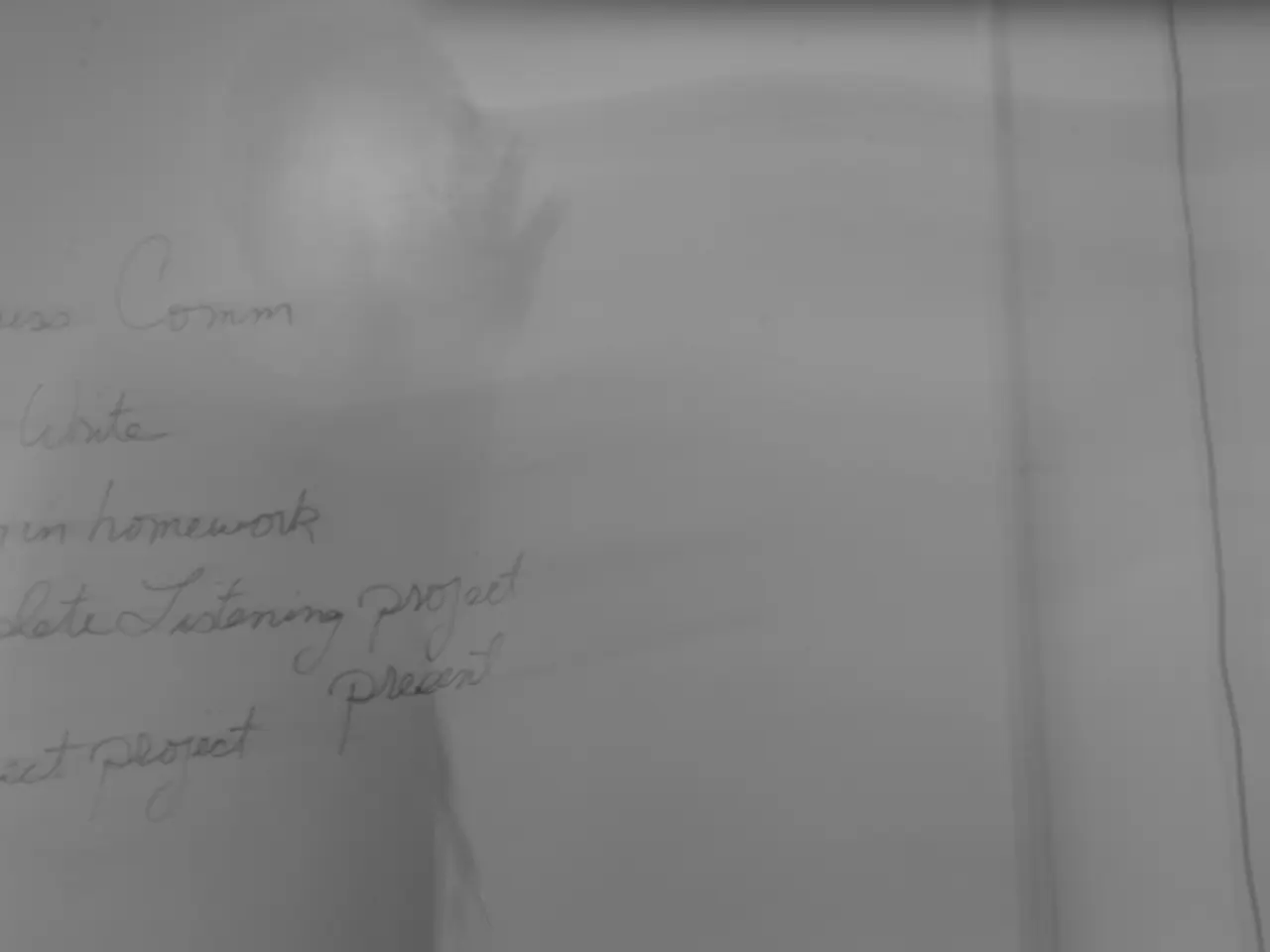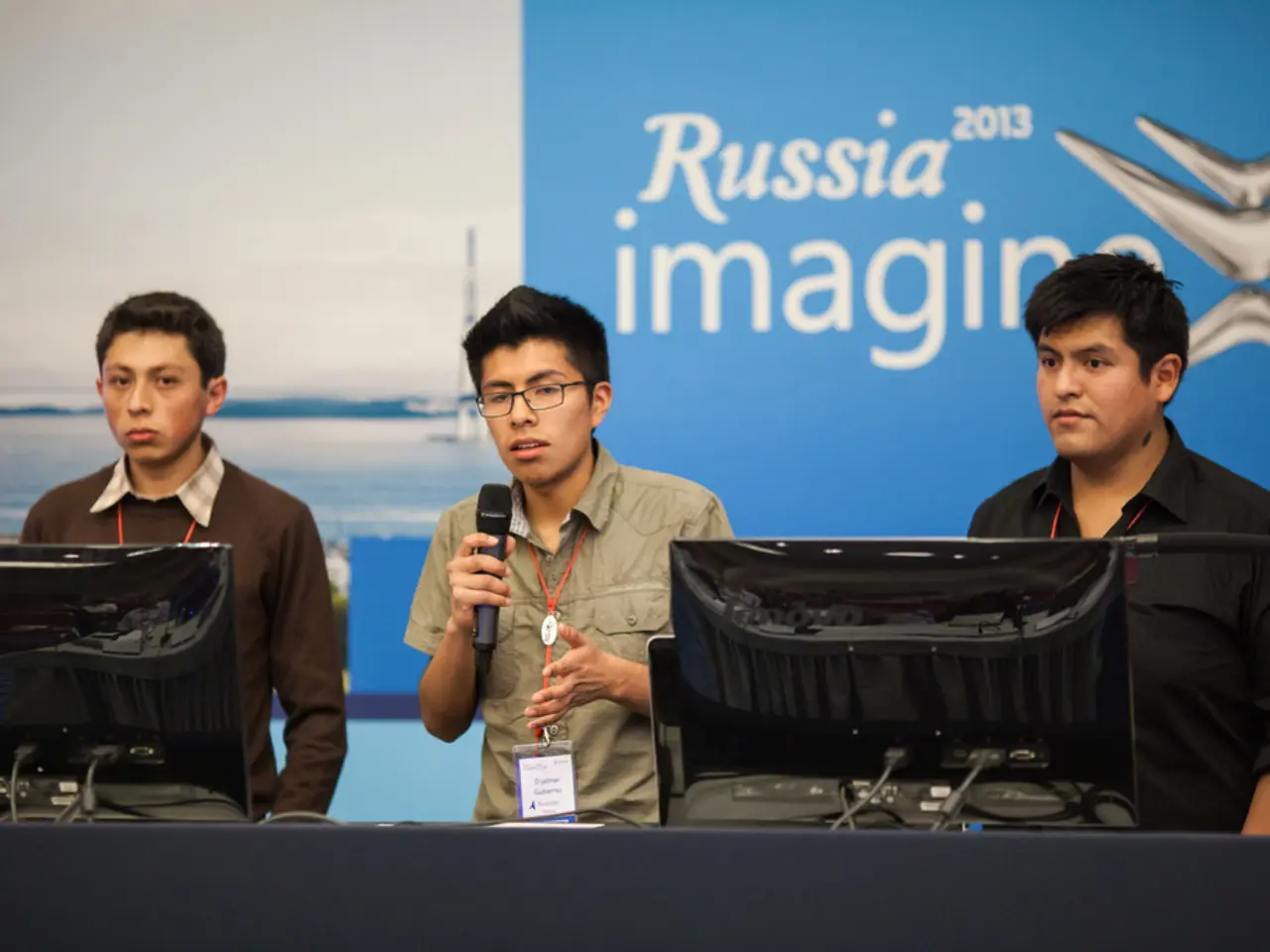Poland expands border checks until October 4th
Poland has announced an extension of its temporary border controls with Germany until October 4, 2025, in response to ongoing concerns over irregular migration. The decision, made on Friday, aims to manage increased migrant pressure and shifting migration routes within the EU.
The extension comes as Poland's border controls with Belarus and Russia have proven to be highly effective, with a 98% success rate in blocking migration attempts. This has led migrants and potentially Belarusian and Russian services to redirect routes towards Germany, Lithuania, and Latvia.
Poland considers the border controls necessary as part of a broader EU effort to close migration routes via Lithuania and Latvia and effectively manage irregular migration influxes. The controls at internal Schengen borders were originally reintroduced last year due to migration-related and security concerns and are allowed under Schengen rules during emergency situations or security threats.
Since July 7, 2025, controls on the Poland-Germany border have been in place, initially for a 30-day period. The extension is due to the persisting migration pressure.
Germany has been conducting random checks at the Polish border since October 2023, with six migrants returned to Germany during this period. Asylum seekers can be turned back at the border according to orders by German Federal Interior Minister Dobrindt.
Poland has submitted a European Commission notification regulation regarding the extension of border controls. The affected neighboring EU countries have been informed about the extension, and Poland's European partners understand the need for the extended controls.
The right-wing citizen militias in Poland, who had been pressuring the government to implement border controls, welcomed the decision. Entry to Poland was refused to 105 people during this period.
Between July 7 and July 30, 243,683 people and 110,212 vehicles were checked at the German border crossings by Poland. A total of 72 people returned from Germany were taken in by Poland, with two cases refused.
The German Federal Ministry of the Interior has referred to previous statements by Federal Interior Minister Alexander Dobrindt, who welcomed the Polish controls as an "important step in the joint fight against illegal migration."
Interior Minister Marcin Kierwinski announced the extension of border controls, emphasizing the need for cooperation with EU partners to stem migration flow through the northern EU borders. In September, Poland will decide on the next steps based on data from border guards, military, and police. The border controls on the German and Lithuanian borders, which were originally planned to end on August 5, are being extended due to a shift in illegal migration and Belarusian and Russian intelligence services to other borders.
- The extension of Poland's temporary border controls with Germany until October 4, 2025, is a part of the country's broader politics and general-news landscape, intended to manage increased migrant pressure and shifting migration routes within the EU.
- The ongoing migration pressure and the redirected routes towards Germany, Lithuania, and Latvia, as a result of Poland's effective border controls with Belarus and Russia, have highlighted the necessity of continued politics in migration management within the EU.








